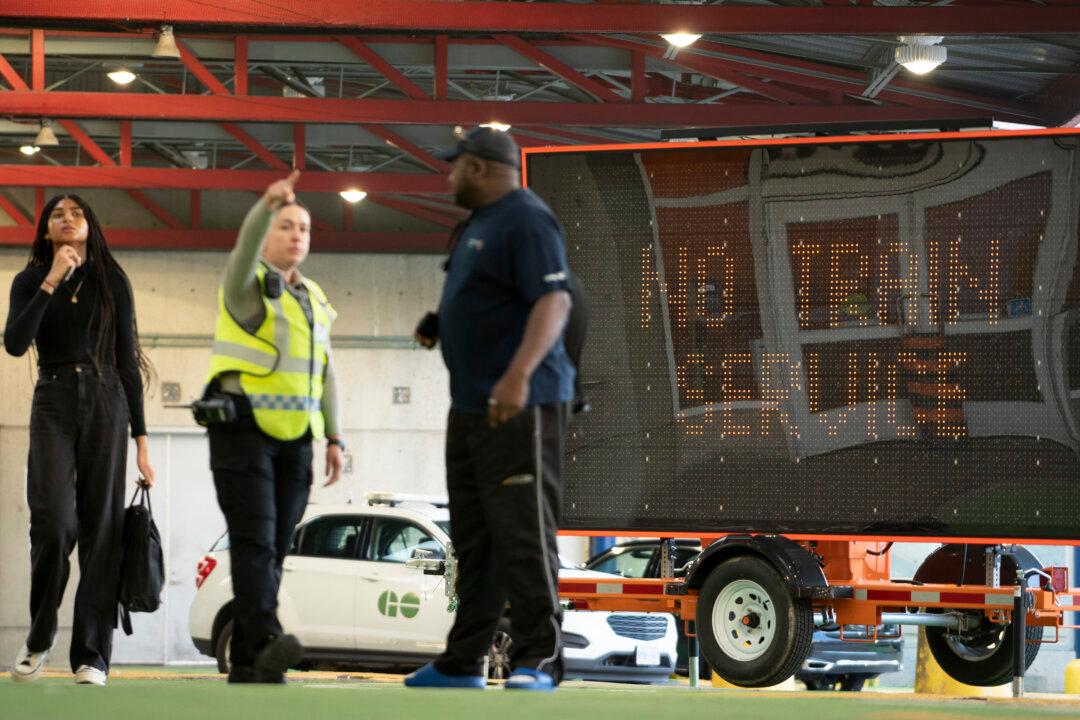Bewildered commuters were turned away from shuttered rail lines on Thursday as an unprecedented railway lockout upset travel plans for more than 30,000 daily riders in some of Canada’s largest cities.
Canadian National Railway Co. and Canadian Pacific Kansas City Ltd. locked out workers after they failed to reach a deal on a new contract before a midnight deadline, the first time there has been a simultaneous shutdown on Canada’s two largest railways. Bargaining was set to resume Thursday morning.





